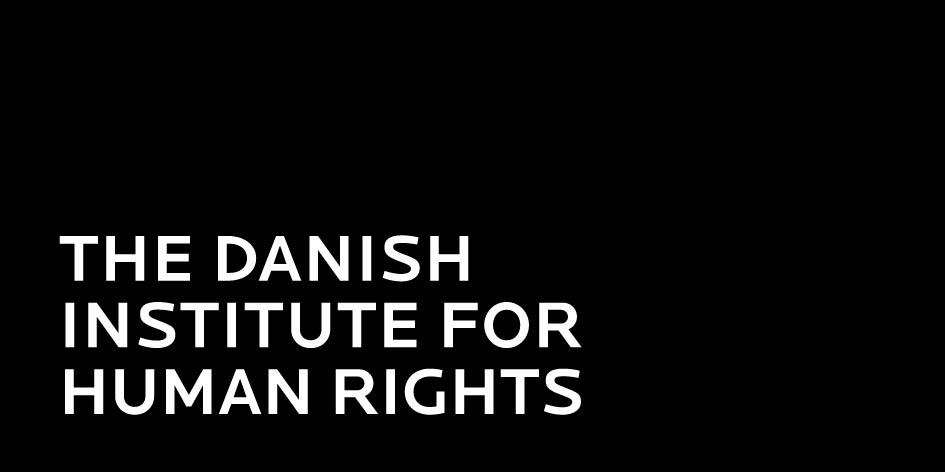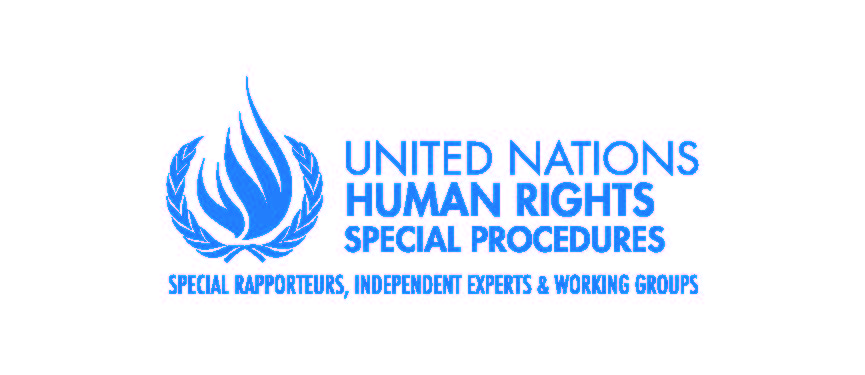Integrating a Gender Perspective in Implementing the UN Guiding Principles on Business and Human Rights: From Guidance to Implementation
Event


ILO/ Thierry Falise
The upcoming launch at the 41st session of the United Nations (UN) Human Rights Council of the UN Working Group on Business and Human Rights’ report on ‘Gender Guidance to the UN Guiding Principles on Business and Human Rights’ marks a turning point for the integration of the human rights of women and girls within the business and human rights agenda.
Comprising a gender framework and guidance to demonstrate how a gender perspective can be applied across all three pillars of the UN Guiding Principles, the report presents a basis upon which states, businesses and other actors can take concrete actions to implement the UN Guiding Principles through gender-responsive assessment, gender-transformative measures and gender-transformative remedies.
In this interactive panel discussion co-organized with the Danish Institute for Human Rights and with the support of the UN Working Group on Business and Human Rights, representatives from states, businesses and civil society will share their views and responses on the Working Group’s Gender Framework and Guidance, focusing in particular on the opportunities the guidance presents for developing measures to mainstream the human rights of women and girls and a gender perspective into the UN Guiding Principles.
Panelists will address key questions such as: How can states ensure greater attention to the human rights of women and girls in developing and implementing National Action Plans on Business and Human Rights?; What are some of the key challenges to businesses integrating a gender-responsive approach to human rights due diligence and how could these be addressed?; What steps should states, businesses, civil society and other actors take to address the additional barriers to access to remedy faced by many women and girls?
In so doing, panelists will draw on their experiences to share existing good practices, as well as innovative ideas for future actions to ensure that the Guidance informs concrete activities to embed a women's rights and gender perspective within the implementation of the UN Guiding Principles.
Presentation
- Surya Deva, Chair, UN Working Group on Business and Human Rights
Moderator
- Nora Götzmann, Senior Adviser, Human Rights and Business, Danish Institute for Human Rights
Panelists
- Joanna Bourke-Martignoni, Senior Research Fellow, Geneva Academy
- Adrienne Cruz, Senior Gender Specialist, International Labour Organization
- Marianna Leite, Global Lead on Gender and Inequality, Christian Aid
- Maryann Njau-Kimani, Senior Deputy Solicitor General, Secretary Justice and Constitutional Affairs, Kenya
- Anna-Louise Pentland, Deputy Director, Human Rights and Indigenous Affairs Policy Division, Government of Canada
- Cynthia Trigo, Human Rights Senior Advisor, Total S.A.
Registration
You need to register to attend this event via this online form.










